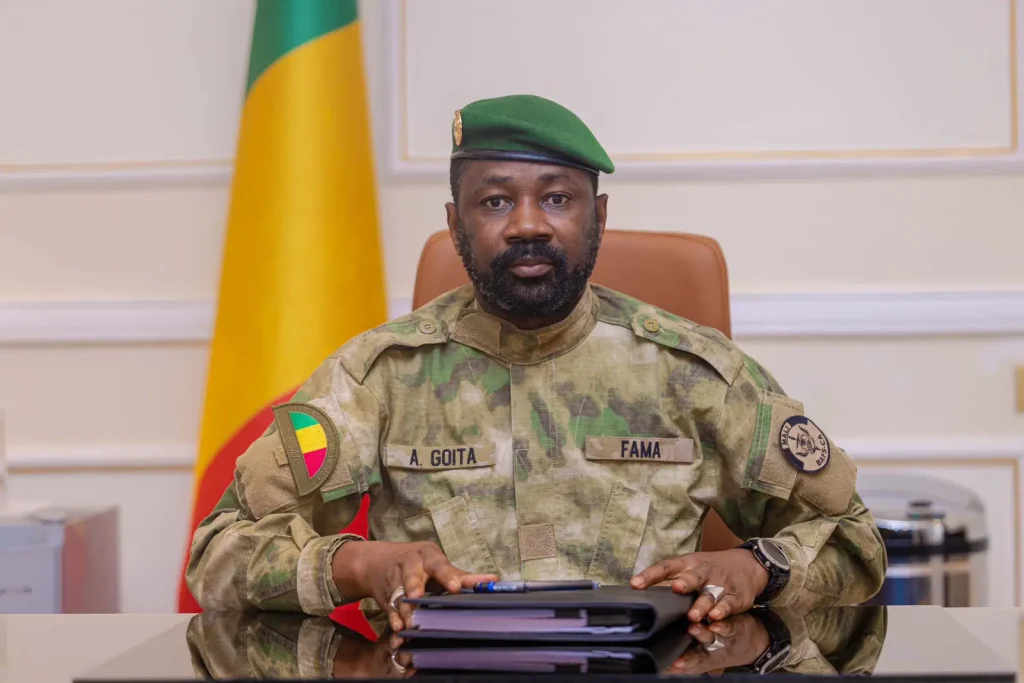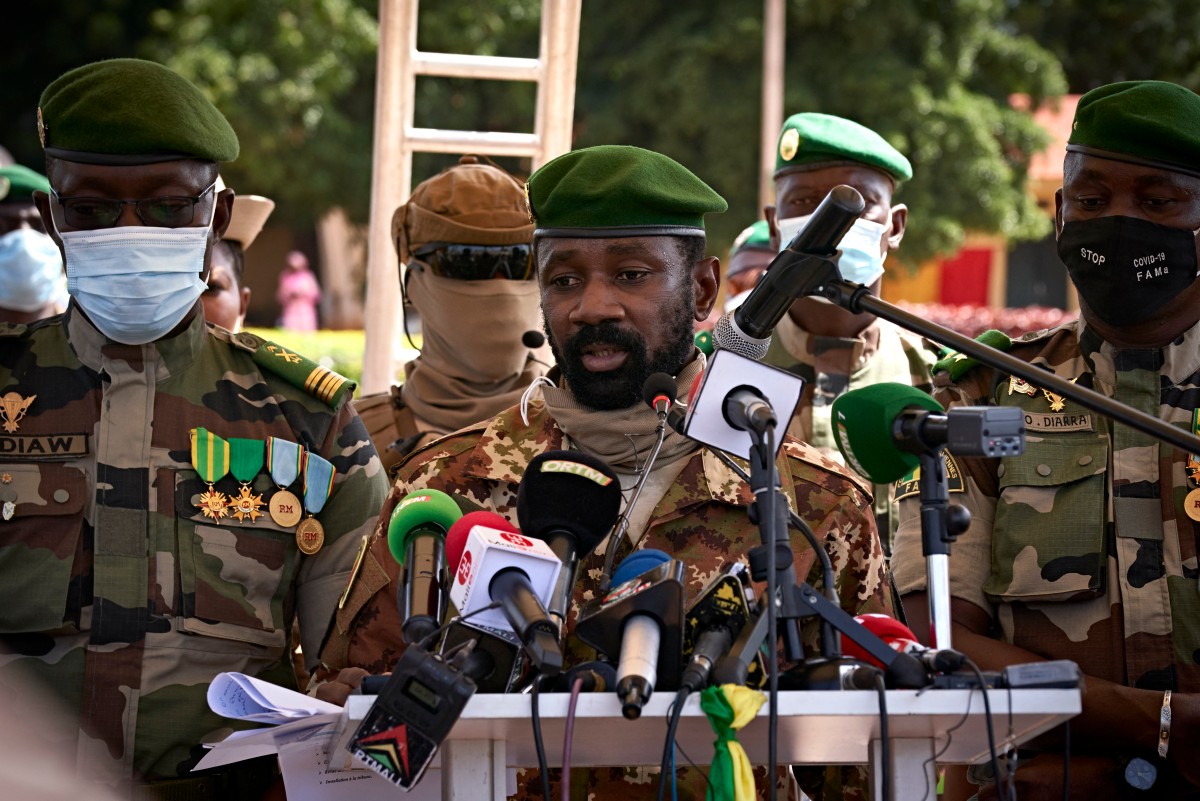Mali’s military-dominated parliament on Thursday approved a bill allowing junta leader General Assimi Goita to remain in power for a renewable five-year term, without the need for an election, an AFP journalist reported.
The decision effectively extends Goita’s grip on power until at least 2030, despite earlier promises by the military government to return the country to civilian rule by March 2024.
The legislation was passed by the National Transitional Council, a 147-member body appointed by the military authorities, and will now be sent to Goita for final approval. The cabinet had already backed the bill last month.
Goita seized power through two coups in 2020 and 2021, claiming a commitment to combating insurgents and vowing to restore democratic governance. However, the military regime later abandoned its pledge to hold elections within the promised timeline.

Malick Diaw, president of the National Transitional Council, described the vote as “a major step forward in the rebuilding of Mali.”
The move comes during a broader clampdown on civil liberties in Mali, where the junta has been urging national unity behind its rule.
Earlier this year, a national assembly convened by the military regime proposed appointing Goita as president for a renewable five-year term, bypassing elections entirely.
The same forum also recommended the dissolution of political parties—a proposal the junta enacted in May by officially banning party activity.
Mali has faced more than a decade of deadly conflict involving insurgent groups linked to Al-Qaeda and the Islamic State, with attacks escalating recently.


 Trending
Trending 
